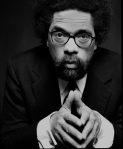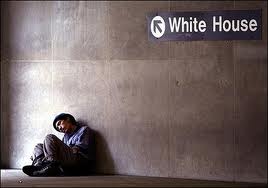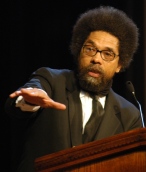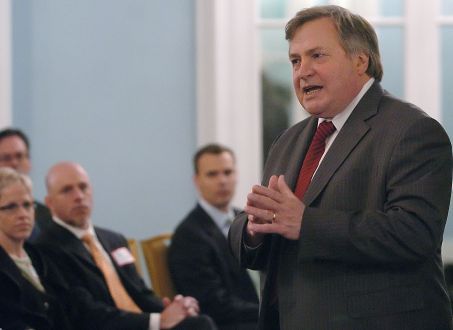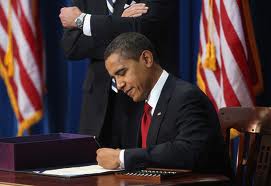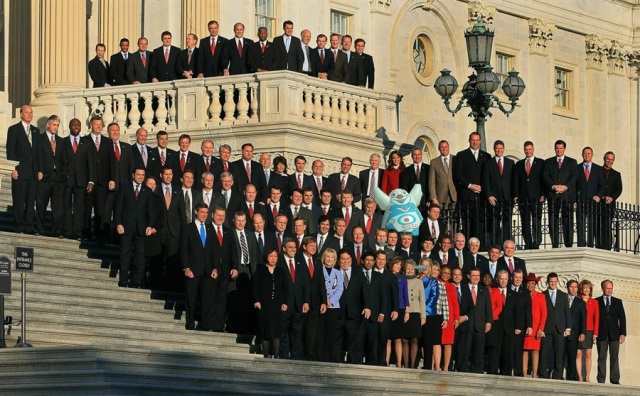On July 11 &12th, President Obama and his administration held the first-ever “Hispanic Policy Conference.” It was organized by the White House Office of Public Engagement and the White House Initiative on Educational Excellence for Hispanics. Attending the conference were 160 Hispanic leaders from 25 states, D.C. and Puerto Rico, joined by over 100 administration officials to discuss the President’s agenda and its impact on their overall community.
In the last census, it was established that there are 54 million Hispanics in the country. The Hispanic community is no longer found in a handful of states, but in every state across the country. It is the largest and fastest growing minority group and critical to the future of our nation.
The purpose of the conference was three-fold: Relationship Building – connecting national leaders to key
administration decision makers; “Obama Administration 101” – ensuring folks gained a deeper understanding of the multifaceted ways this administration’s agenda connects to the Hispanic community; and Working Together – allowing participants to connect with each other and administration officials to address how they would improve access and outcomes for this community.
During the two-day conference, there were interactive, informal, small group conversations driven by the Hispanic leaders and not administration officials. There were no lectures, no power point presentations, or talking points led by administration officials. This was an opportunity for Hispanic leaders to meet, talk, and initiate relationships with 35 administration officials and 19 White House office and cabinet agencies.
This was an extremely innovative approach to reach out to the largest minority group in the country. At the end of the first day, President Obama spoke and urged all the participants to take the conversation back to their communities.
 In 2012, the Hispanic community will play a pivotal role in the president’s re-election campaign. Now is the time for the president to connect to the Hispanic community and understand the nuances that make their culture different. This conference was a breaking of the ice, and now the administration is getting to know who the power brokers are in the Hispanic community.
In 2012, the Hispanic community will play a pivotal role in the president’s re-election campaign. Now is the time for the president to connect to the Hispanic community and understand the nuances that make their culture different. This conference was a breaking of the ice, and now the administration is getting to know who the power brokers are in the Hispanic community.As the Obama Administration continues to reach out to other minority groups, the question must be asked, “When will the White House specifically reach out to the Black community?” Many of the same problems in the Hispanic community can also be found in the African American community. There is a need for the African-American community to request or demand their own policy or agenda conference.
The key message in the Hispanic community is that it is not a monolithic community with a diversity of issues and problems. Jobs, education, health care and the economy are the most important challenges impacting the Hispanic community.
 If the White House is able to hold a Hispanic Policy Conference, then it also has a responsibility to hold an African-American Policy Conference. Our leaders and representatives should request and petition the White House and President Obama for a policy conference of our own.
If the White House is able to hold a Hispanic Policy Conference, then it also has a responsibility to hold an African-American Policy Conference. Our leaders and representatives should request and petition the White House and President Obama for a policy conference of our own.






